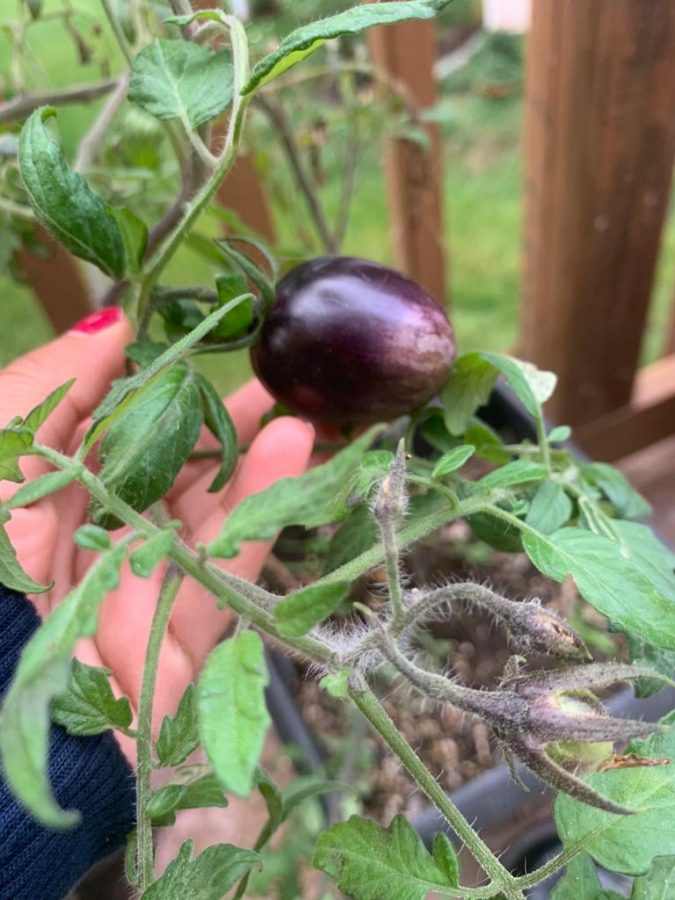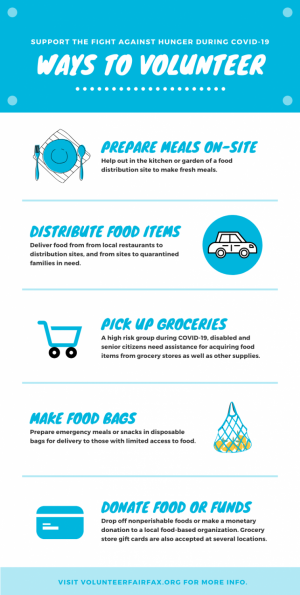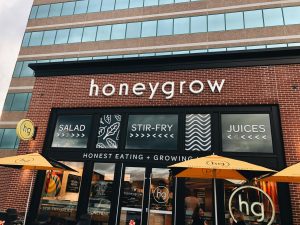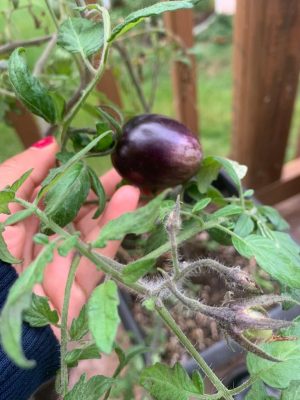Starting fresh: pandemic results in new eating patterns across the nation
Used with permission of Anwitha Sanivarapu
Sophomore Anwitha Sanivarapu shows off her home-grown purple tomatoes she had grown earlier during quarantine.
November 3, 2020
The past six months have modified eating habits throughout the nation. Not only has the pandemic changed the way we work, socialize and travel, but it has also impacted the way we eat.
According to Trust for America’s Health and the Centers of Disease Control and Prevention, the national obesity rate had exceeded 40% for adults, and every one in three children is either obese or overweight. On top of that, the World Health Organization has concluded that fast-food consumption makes up about 11% of the average American’s diet, contributing to higher obesity rates.
However, due to the restrictions of the pandemic, more and more individuals have opted to prepare healthier meals at home instead of ordering take-out or delivery.
“I think that I’ve been eating healthier during the coronavirus pandemic because I was cooking every meal in my home,” health and PE teacher Marc Matthie said. “It created an eating schedule that would give me enough food to get [to] the next meal.”
Some students have even considered converting to veganism or vegetarianism to maintain a healthier lifestyle. According to Plant Based News, 23% of Americans have made the switch in the course of the pandemic.
“During quarantine, I started having less dairy,” freshman Anushka Paudyal said. “Going vegan isn’t as hard as I thought it’d be since I know that COVID-19 supposedly originated in a wet-market.”
Consumption of snacks has increased 8% within the prolonged days spent at home, as reported by Food Business News. In addition, snacks at supermarkets have become harder to find as demand increases. However, some students have found this beneficial to cure their daily craving.
“The amount of snacks at the store are really limited because they’re usually sold out,” freshman JJ Viswanathan said. “This forced me to start making a lot more healthier choices and it’s definitely been worth it.”
Many Americans started to grow their own vegetable gardens because of fear of shortages at local grocery stores according to National Public Radio. The U.S. seed company W. Atlee Burpee & Co had sold more seeds during the coronavirus than at any other time in their 144 years of business. As people, especially those who live in low-income areas, struggle to find enough to sustain themselves and their family members, supermarket workers have noticed a surge of interest in people growing their own ingredients.
“It had crossed my mind to start growing vegetables around March,” sophomore Anwitha Sanivarapu said. “I had much more time on my hands and realized it was more beneficial to start my own little garden.”
The pandemic has created a decline in fast food consumption and has reduced the number of people eating out for meals like breakfast, according to Cable News Network.
“I’ve been spending less money eating out [which] has created a healthier lifestyle,” Matthie said. “Although the coronavirus has been a bad experience overall, I hope I continue to cook and eat more meals at home. I’m hoping I will be able to maintain this schedule after the coronavirus pandemic.”







